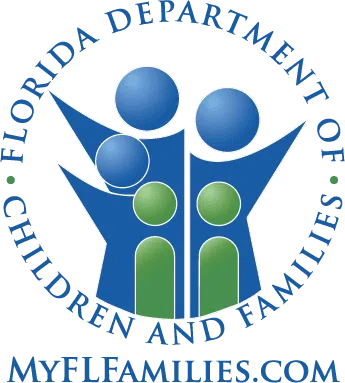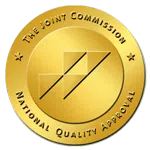
It is normal to feel scared after a traumatic event. When we experience trauma, our fight-or-flight response is triggered, encouraging a range of emotions that can impact our lives in both the short and long term.
Nearly seven in ten people experience at least one traumatic event in their lives. Meanwhile, about 7% of people experience post-traumatic stress disorder, or PTSD, during their lifetime. For some people, any stress that is associated with trauma will significantly fade over time – but for some, they are affected by the trauma long after it occurs, making functioning on a daily basis difficult.
If you or a loved one is battling stress or fear after a traumatic event, you might wonder if post-traumatic stress disorder is at play. You might wonder if there is a test for PTSD. Read on to learn more.
What is PTSD?
Post-traumatic stress disorder is a mental health condition that occurs after a traumatic event. Traumatic events may involve a wide range of events, including war, physical assault, the death of a loved one, sexual assault, a car accident, abuse, or surviving a natural disaster. Some people may not experience trauma directly but still battle PTSD after seeing someone they care about go through it.
When a person battles PTSD, they may battle feelings of stress or fear for months after a traumatic event, even when they are no longer in danger.
What are the Symptoms of PTSD?
PTSD symptoms can be so severe that they interfere with one’s ability to deal with daily life and can impact their overall wellbeing. PTSD is generally diagnosed once a person has experienced a range of symptoms for at least one month after a traumatic event has occurred. Some of the symptoms of PTSD include:
- Re-experiencing at least part of a traumatic event, including symptoms like nightmares, flashbacks or intrusive thoughts.
- Having at least two arousal and reactivity symptoms, such as angry outbursts, feeling on edge, being easily startled, or difficulty sleeping.
- Experiencing at least one avoidance symptom, such as staying away from events, places, thoughts, or things that remind them of the traumatic experience.
- Having a minimum of two mood and cognition symptoms, such as negative thoughts, difficulty remembering trauma, loss of interest in previously enjoyable activities, and feelings of blame or guilt.
Is There a Test for PTSD?
To answer the question of whether there is a test for PTSD, the answer is yes. There are several, in fact. You can find PTSD self-assessments online, but it is important to understand that in order to obtain a treatable diagnosis, a full assessment by a mental health care professional is important.
CAPS-5
The standard test administered for the Diagnostic and Statistical Manual of Mental Disorders, or DSM-5, is called the Clinician-Administered PTSD Scale, or CAPS-5. This test involves a questionnaire of 30 items that enables clinicians to better understand the client’s experience with PTSD.
The primary goal of this test is to determine whether a person can be diagnosed with the disorder. It also has been used to determine whether PTSD has been present in a person’s life for a long time or just recently.
The CAPS-5 test takes about an hour to complete and covers questions that often inquired about:
- The overall severity of symptoms of PTSD
- The duration of and the onset of symptoms
- The impact of symptoms on personal/social relationships and work functioning
- Any presence of dissociative subtypes, such as derealization or depersonalization
Treatment-Outcome PTSD Scale (TOP-8)
Another assessment tool that entails interview questions is the TOP-8, which also utilizes the DSM-5 to evaluate symptoms. Eight questions are asked that are derived from the main symptoms linked with PTSD, including avoidance, intrusion, and numbing.
PTSD Symptom Scale Interview (PSS-I and PSS-I-5)
The PSS-I and PSS-I-5 are both assessment tools that involve asking patients questions to identify their symptoms, the cause of their symptoms, when their symptoms began, and how long they have been experienced, plus more.
Self Testing
Some common self-tests for PTSD include:
- Short PTSD Rating Interview (SPRINT)
- The Davidson Trauma Scale (DTS)
- PTSD Checklist for DSM-5 (PCL-5)
How to Find PTSD Treatment Programs
If you or a loved one are experiencing symptoms that may be related to PTSD, we know it can be stressful to find help. Knowing whether there is a test for PTSD is one of the first steps.
Whether you self-administer a test or opt to do professional testing to get an accurate diagnosis, it is important to find a South Florida PTSD treatment program that can help you. At Prevail Recovery, a South Florida dual diagnosis rehab, we employ licensed professionals who not only can diagnose PTSD, but we know how to help you while working with you in your healing journey from traumatic events. Reach out to us today to fight the battle of mental illness and to experience true recovery.




